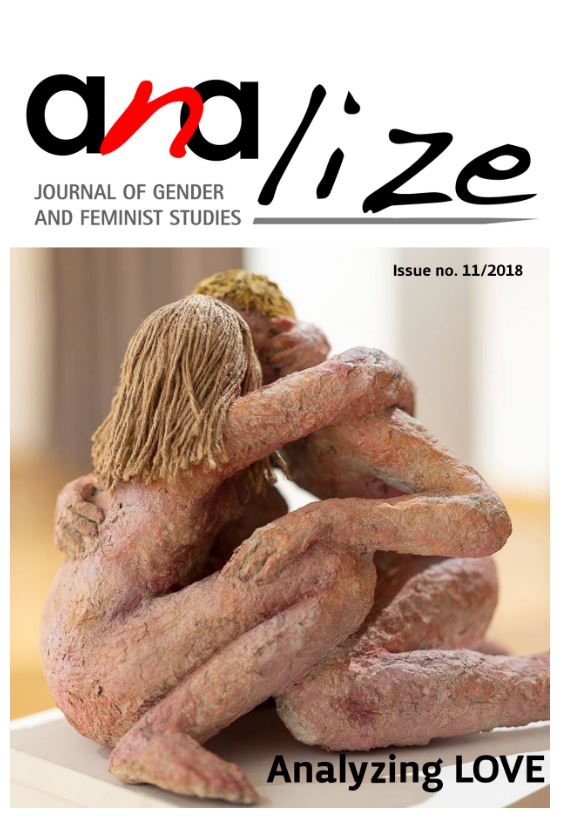Repronormativity and its Others: Queering Parental Love in Times of Culturally Compulsory Reproduction
Repronormativity and its Others: Queering Parental Love in Times of Culturally Compulsory Reproduction
Author(s): Ana Cristina SantosSubject(s): Anthropology, Social Sciences, Gender Studies, Ethics / Practical Philosophy, Sociology, Culture and social structure , Radical sociology
Published by: Societatea de Analize Feministe AnA
Keywords: reproduction; repronormativity; lesbian and bisexual; Portugal; intimate;
Summary/Abstract: We may have believed women’s (sexual) agency was an established right in Southern Europe. However, the recent history of assisted reproductive technologies (ART) in Portugal provides an enlightening example of how sexuality and reproduction have remained bounded. Until 2016, women in Portugal could not access ART unless they were formally partnered with a man (married or in a different-sex de facto union).1 In this paper, I start by exploring the cultural context in which the motherhood regime, understood as both reproduction and parenting, is embedded in Portugal. The motherhood regime puts forward strong expectations about becoming a parent, hence feeding the cultural imaginary that makes reproduction compulsory (Roseneil et al. 2016). Having repronormativity as its backdrop, this section of the paper is in silent dialogue with the legal framework that removed most obstacles to same-sex parenting in Portugal in December 2016. In the second section, I consider biographic narrative interviews conducted with lesbian and bisexual mothers in Lisbon between April and July 2016, with a particular focus on participants’ encounters with dominant ideologies of motherhood and cultural expectations around parental love. Participants in the study often reported situations demonstrating that love was the only emotion that made it culturally acceptable for women to engage in same-sex partnering and parenting. I will advance a reading of queer that can be used in future reproductive studies. I will suggest that in Southern Europe, where reproduction and parenting have been historically constrained by strict rules around gender and sexuality (Moreira, 2018, Santos 2013, Trujillo 2016), failing to be a particular kind of (heteronormative, cisnormative, mononormative) mother may offer a fruitful way for queering parental love through embracing reproductive misfits.
Journal: AnALize: Revista de studii feministe
- Issue Year: 2018
- Issue No: 11 (25)
- Page Range: 199-215
- Page Count: 17
- Language: English

